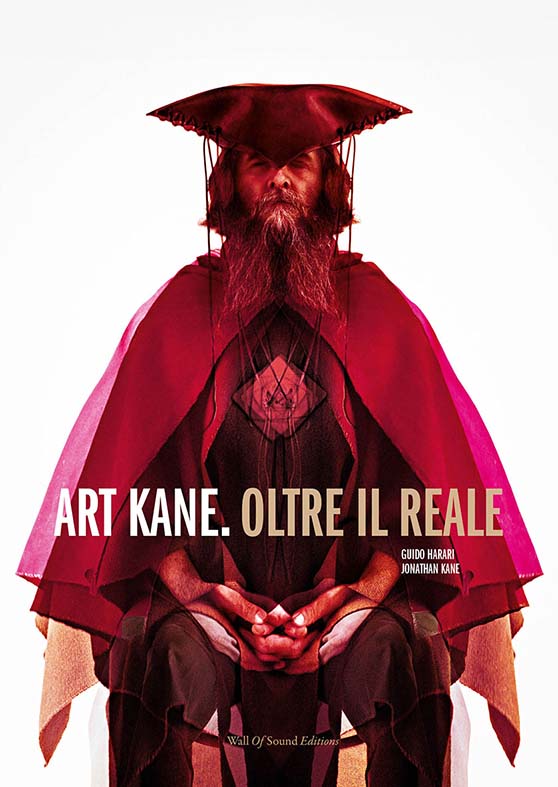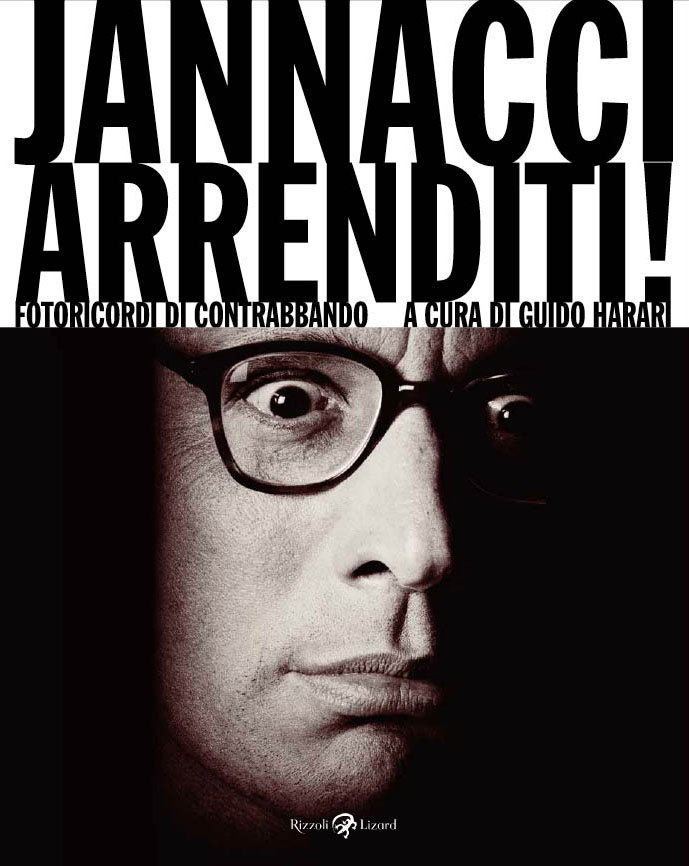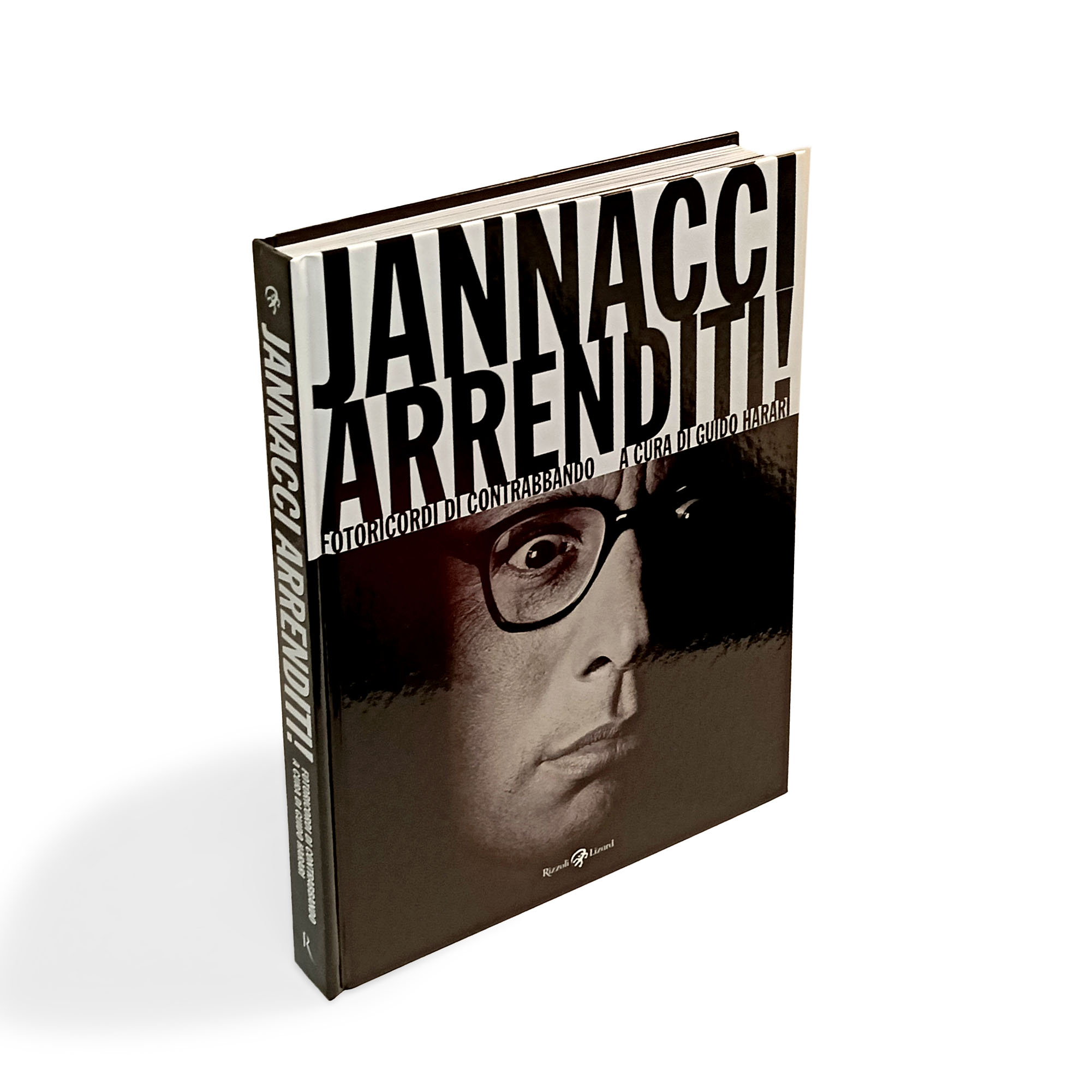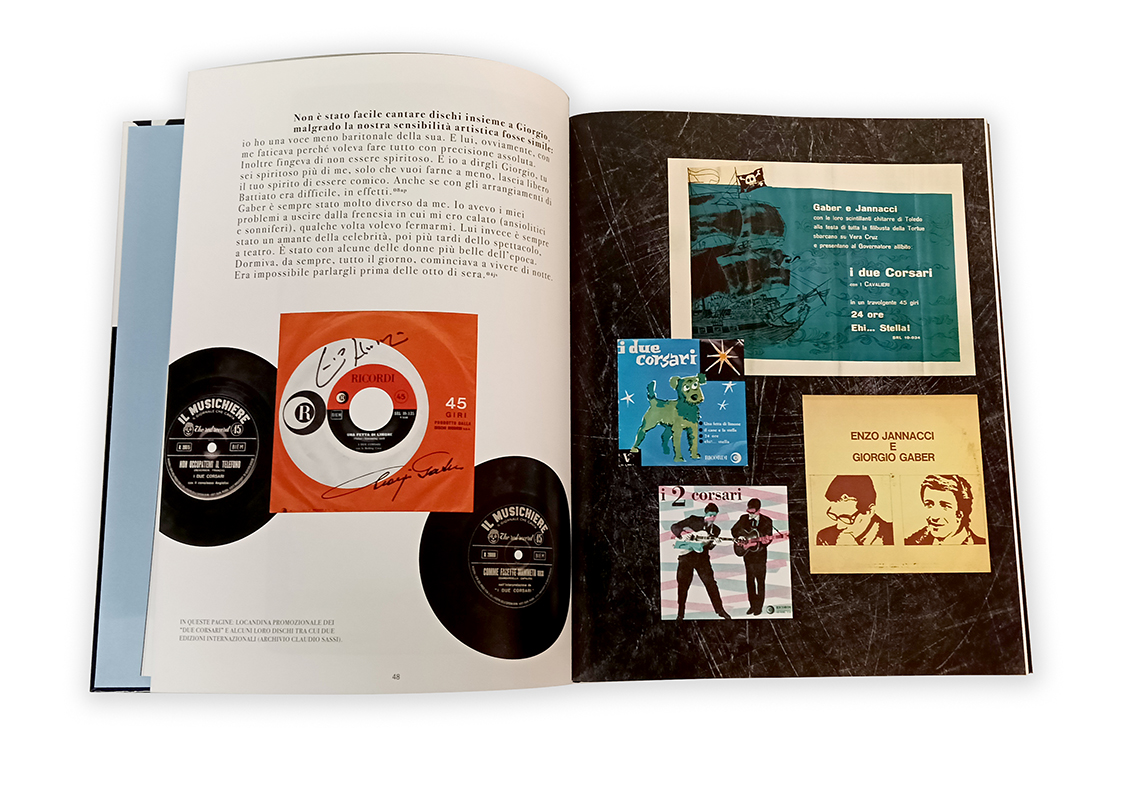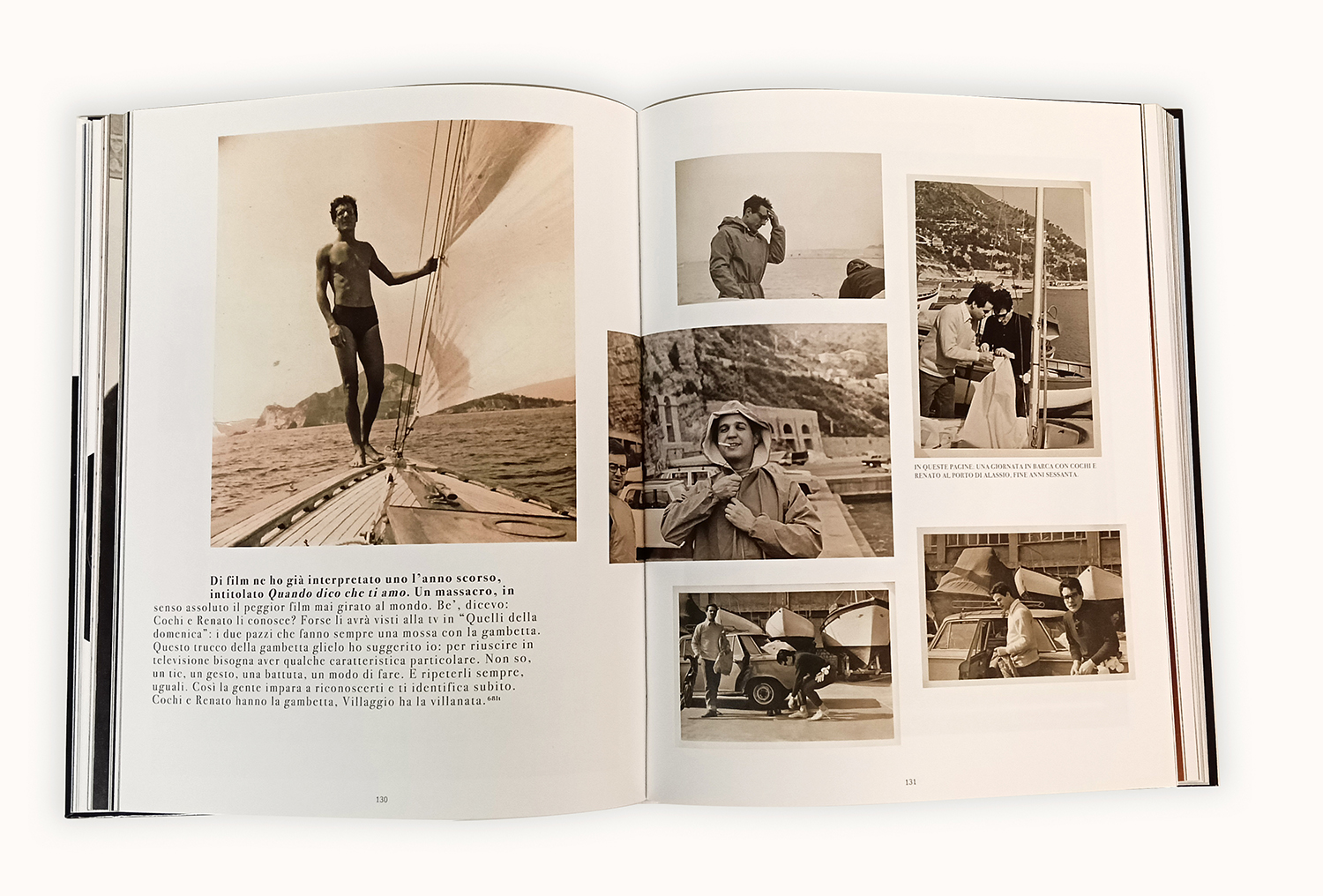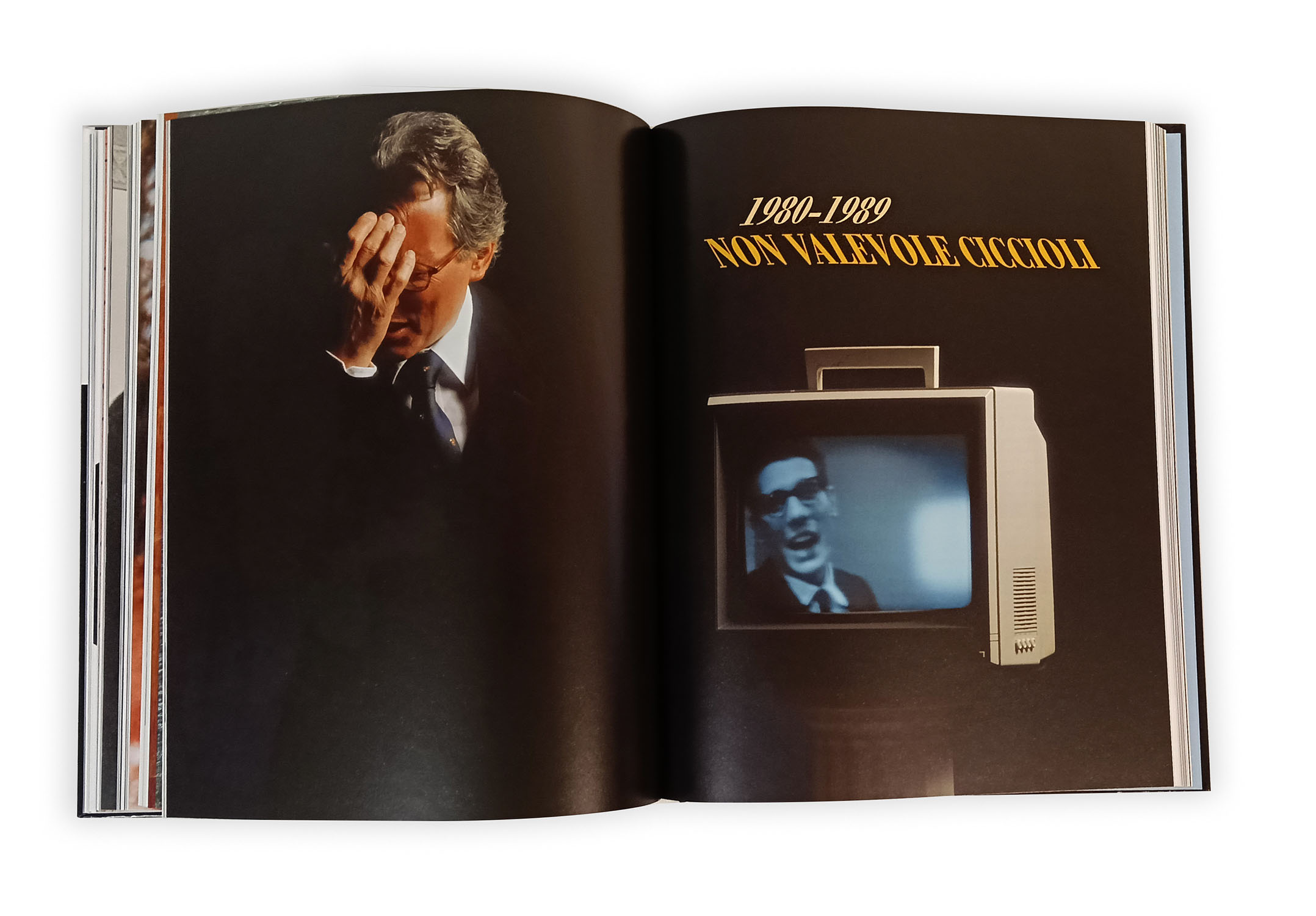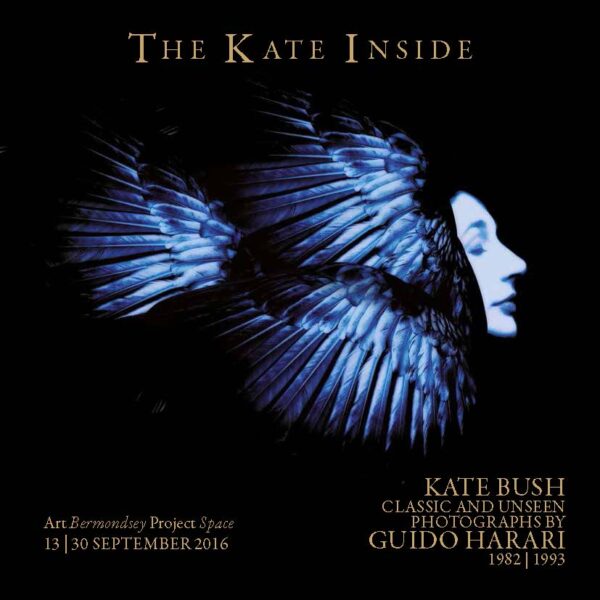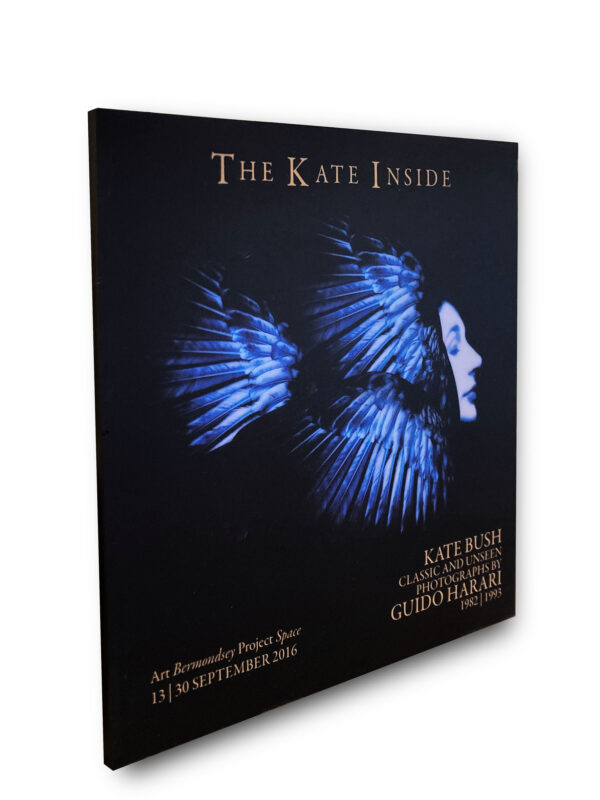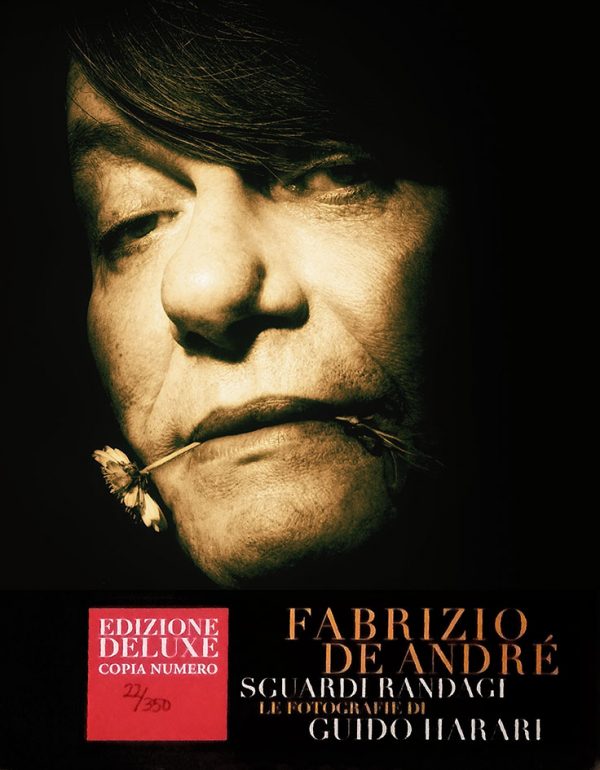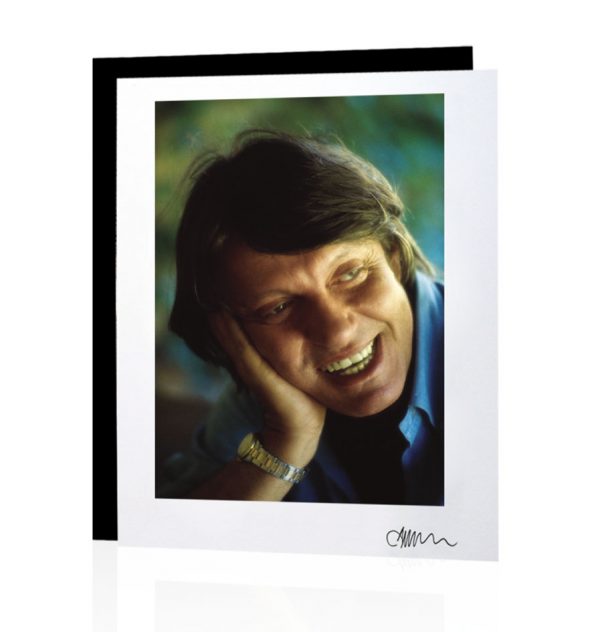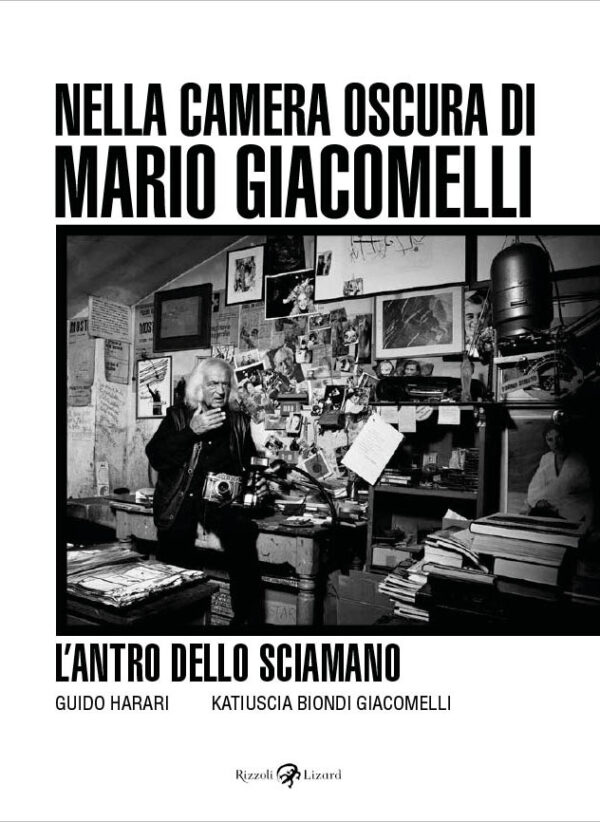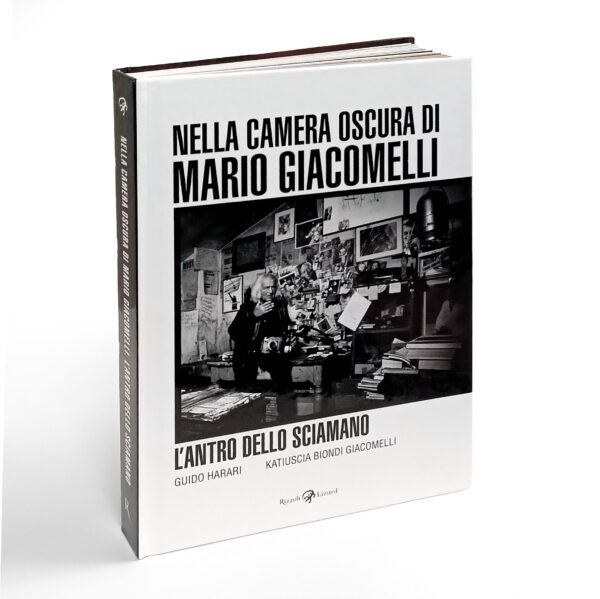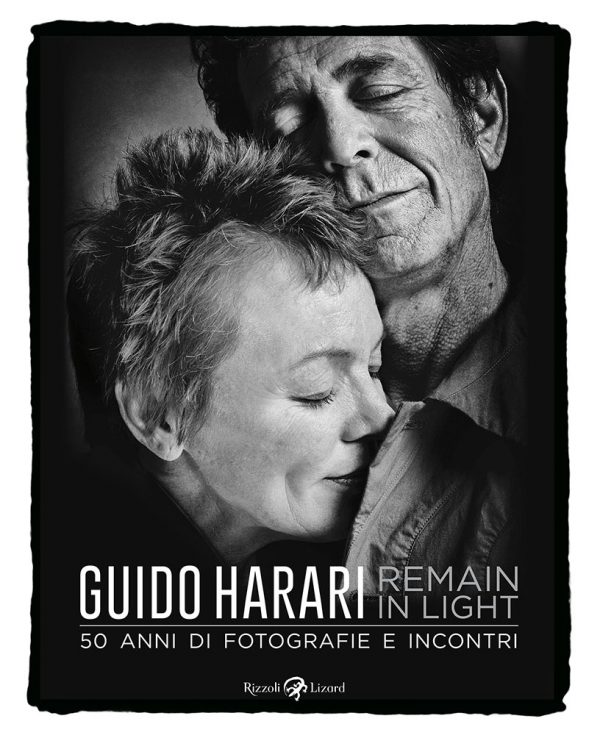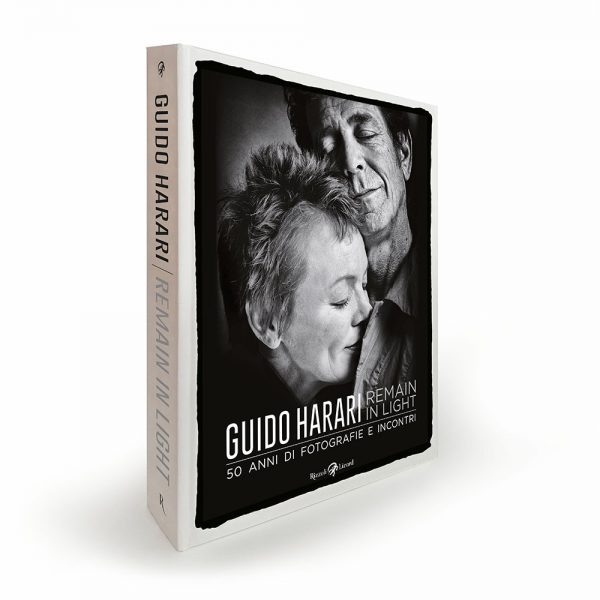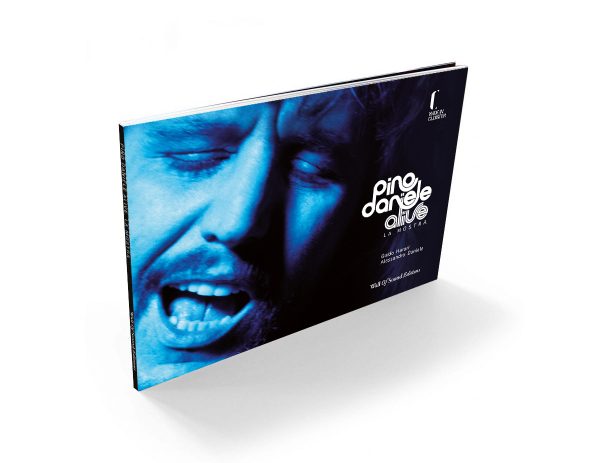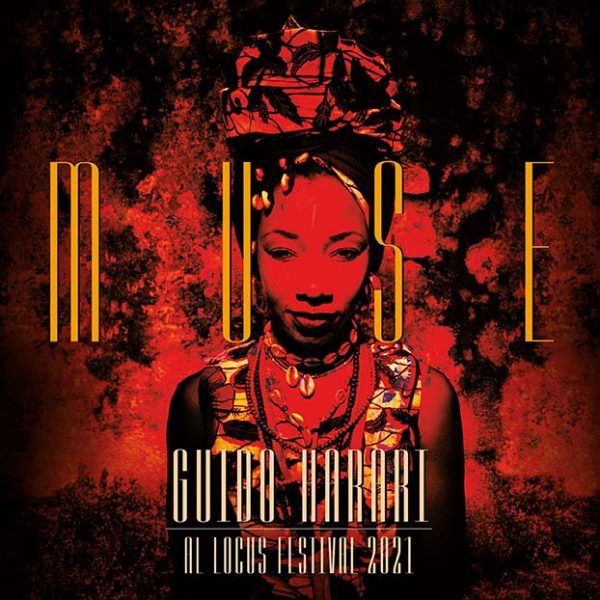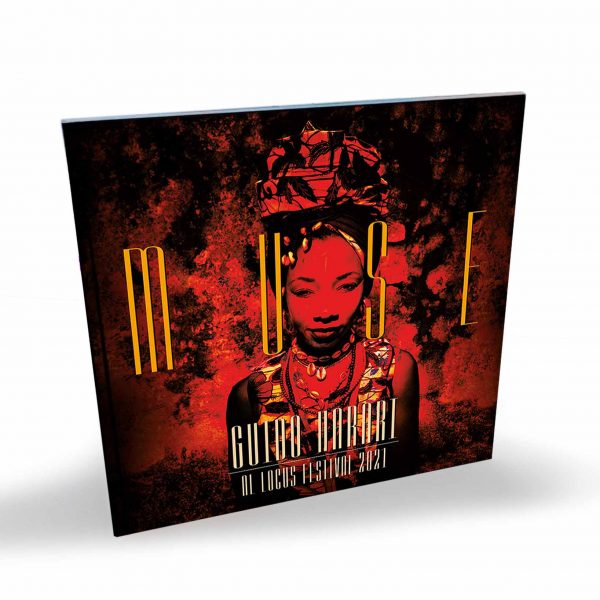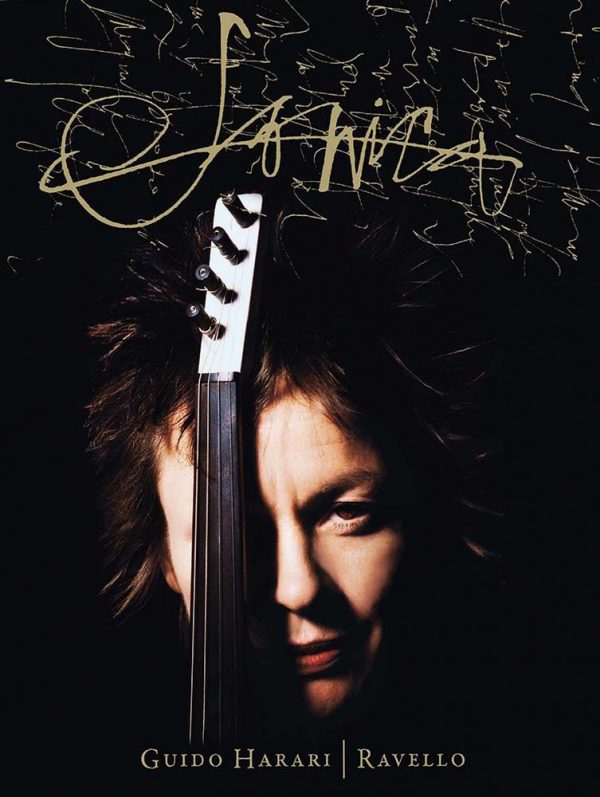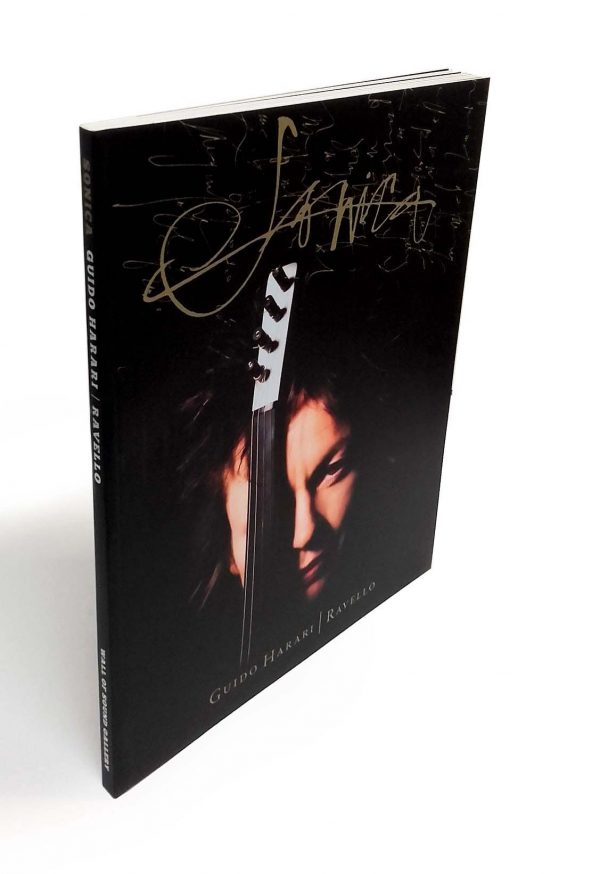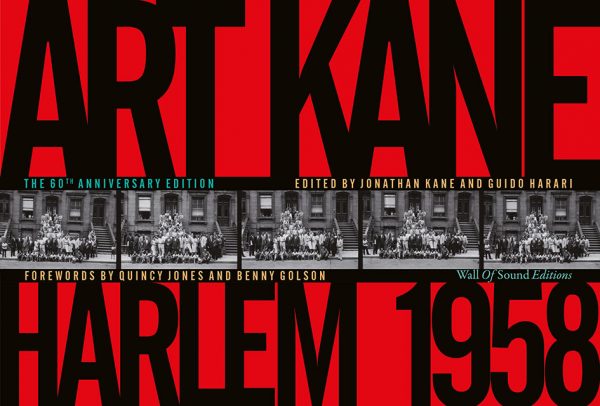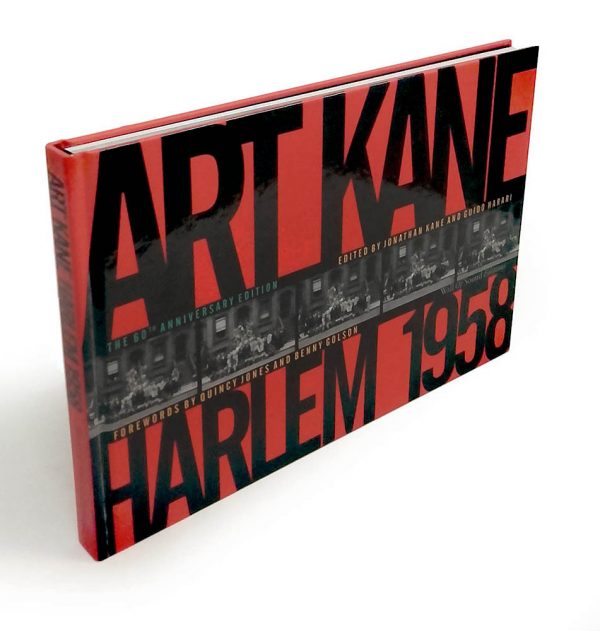Description
When I went to Canzonissima, one guy went, “Oh my God Jannacci, another song about the starving.” I don’t do it on purpose. I grew up in the most working-class suburbs of Milan, just a stone’s throw from Ortica. It’s not like I could start making songs about rich people. I was immediately different. No one was taking care of people’s problems. I used to see my father struggle, and that’s where my comic side comes from: the poor man’s smile. That it is never true is a sketchy smile. Come maturity, the ideas were clear. And there was anger in me. I used to write surreal things, but also other explicit things, like Ti te se’ no. Only the tragedy is not understood if you are shy. And if people laugh, they always try to find an excuse for it: because when you don’t act crazy, you don’t do well. So I had to do what a real artist would never do. That is, removing all masks. Vincenzina and the factory was clear. There are my torments in it, and there is society. It gave me the confidence that later led me to write very hard songs. And what did people in ’79 understand about Natalia? About one who sang about a little girl with a bad heart, about a daddy trying to pray, about death not caring about medicine? But then she got there, slowly. So much so that then it even made sense for me to sing about drugs and the Mafia at Sanremo: if you are real, people listen to you. Never be afraid of it. I am not a Bolshevik, I remain a dreamer: but I am always on the side of those who struggle to live, and if charity is on the left I am on the left. We are now at a nomenclature of the different: homosexuals, junkies, old people, children, English, sick, poor, crippled, believers–and no wonder people become racist! I am on their side, but one question I ask myself: if God exists, with everything the pope says, shouldn’t God be love? The difference between the comedian and the jokester is that the jokester has to sweat to open the door, the comedian does not need the door: it shows right away.

